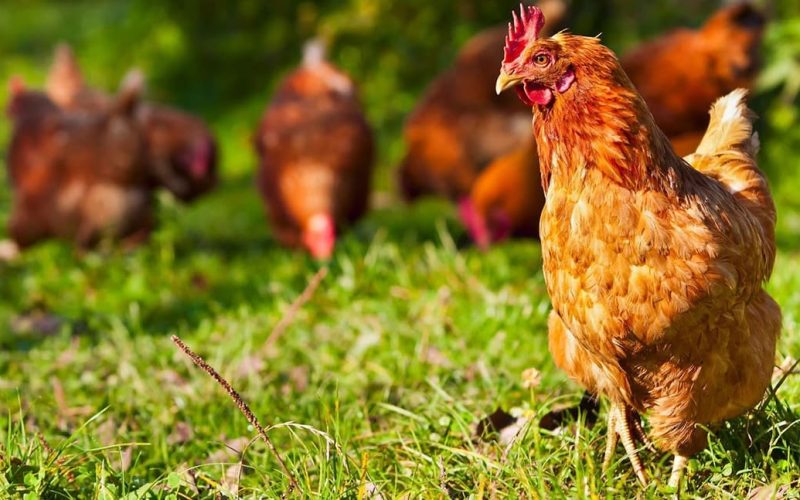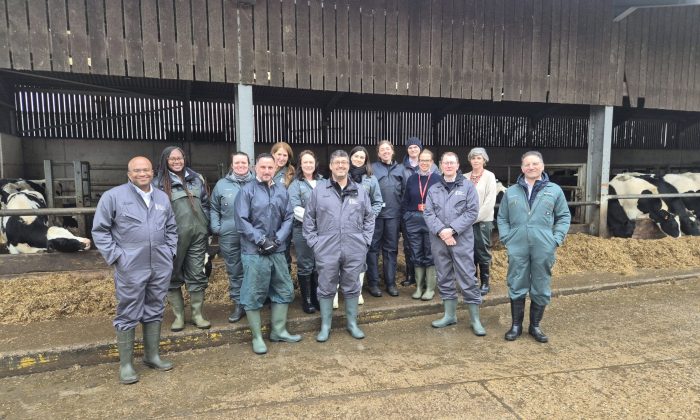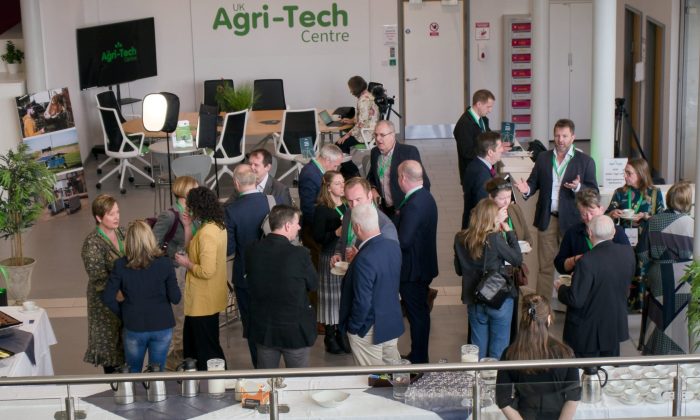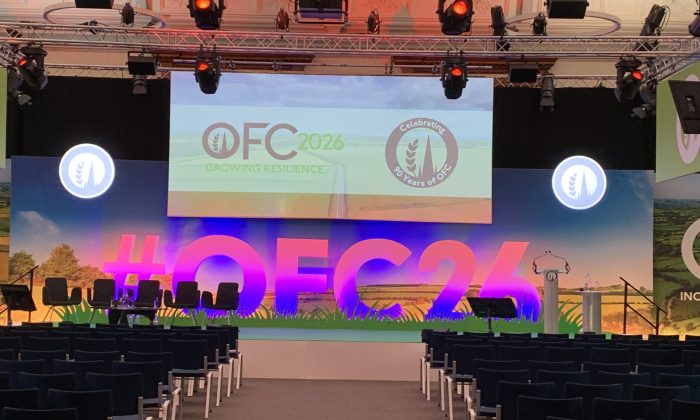A project using innovative, cost-effective technology to improve the health and welfare of laying hens while increasing productivity, efficiency and industry resilience has begun, thanks to grant funding from Innovate UK.
Soaring energy, feed and labour costs have impacted egg production and farmers are facing increased demands with respect to environmental and ethical considerations, as well as facing the challenges of Avian Influenza and use of breeds with varying welfare and husbandry requirements.
This new project called FLOCKWISE sees FAI working with The Lakes Free Range Egg Co., Newcastle University and the UK Agri-Tech Centre to benefit the industry by supporting higher animal welfare and producing nutritious, affordable and sustainable eggs.
FLOCKWISE stands for ‘Facilitating Learning Opportunities, Cultivating Knowledge and Welfare through Integrated Sensing and Expertise’ and will develop a sensor-embedded flock management system which detects health, welfare and productivity indicators using artificial intelligence to provide community-based learning to farmers and supply chain.
The project will further develop the capability of FAI’s laying hen management system, BirdBox, which is already demonstrating significant gains in hen health and productivity.
This groundbreaking effort promises to benefit both the welfare of the hens and the long-term viability of the sector, while supporting net zero operations without negatively impacting the industry.
How does the system work?
The current BirdBox system combines data collection software with in-house sensor hardware, including an integrated bird weigher, light, humidity, air quality, temperature, feed bin weigh cells, water and power monitoring.
Environmental and production data is integrated to provide the information required to support daily flock management and provides targeted guidance to enable farmer-led intervention when issues arise.
The project will enhance this technology by using state-of-the-art sensors to continually monitor the birds through novel sound technology and analysis of egg quality data, providing further health and welfare information.
This novel welfare data will be used to build an industry-based learning tool to identify which interventions work to reduce the welfare challenges on laying farms, supporting and upskilling farmers to achieve higher health, welfare and productivity in their flocks.
What are the benefits?
As well as measuring welfare, the system uses industry-based learning with farmer-facing, low-cost technology to harness data and support production improvement, by enabling farmers to react more quickly to challenges, make informed decisions on flock management and ensure regulatory compliance.
Increased layer farm productivity means there is a potential for gains of £40,000-£110,000 per flock made through better hen health and extension of flock.
This could result in a potential annual increase of 1.7 billion eggs produced in the UK.
Improved sustainability and environmental impact results in increased efficiency with more birds reared, reduced labour and input costs for energy and feed and a projected mortality reduction reducing the overall CO2e per kg of eggs.
Farm business resilience is stronger, as hen health and welfare support economic productivity and resilience gains through higher welfare (and higher margin) egg products.
Carly Scott, Project Lead at FAI, said:
“With BirdBox, we already see the benefit of monitoring the environment and management of the flock.
This development enables farmers to better understand the health and welfare of their birds, not only detecting, but preventing problems while supporting increased productivity.”
David Brass, Chief Executive at The Lakes Free Range Egg Co Ltd., said:
“This piece of leading-edge innovative research has the potential to change egg-producing poultry welfare and production beyond recognition and into a new exciting era.
It is the culmination of 14 years work with FAI on the BirdBox system, finally realising the results we always envisaged.”
Lucy Asher, Professor of Behaviour Informatics at Newcastle University, said:
“At Newcastle University, we are proud to bring our expertise in automated animal welfare detection, social science, and explainable AI to the groundbreaking FLOCKWISE project.
FLOCKWISE provides a unique opportunity to collaborate closely with the laying hen industry to drive advancements in animal welfare and sustainability within the sector.”
Fiona Short, Innovation Lead for Animal Health and Nutrition at the UK Agri-Tech Centre, said:
“FLOCKWISE will work with farmers to ensure the technology is practical and effective, enhancing user experience while improving the sustainability of egg production.
It’s exciting to collaborate on such an innovative project, driving progress in welfare and sustainability for the industry.”



